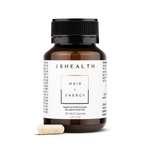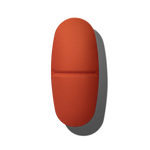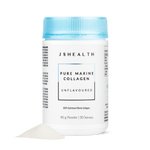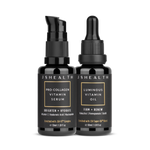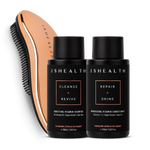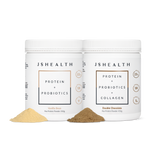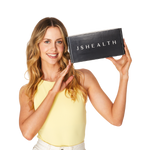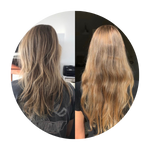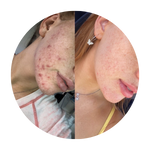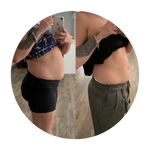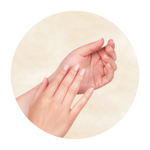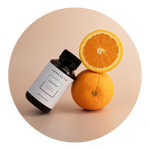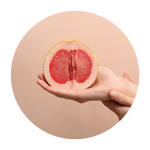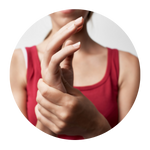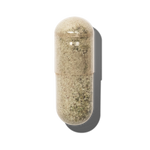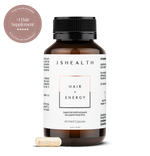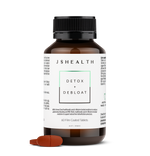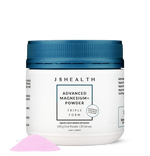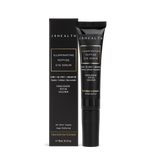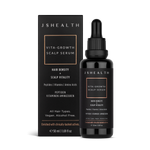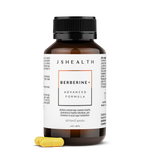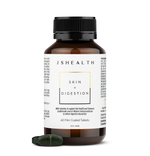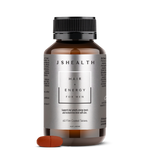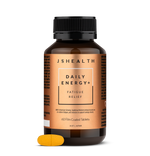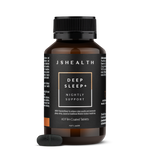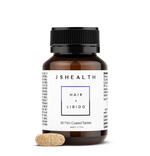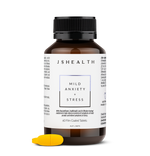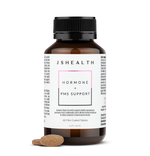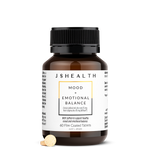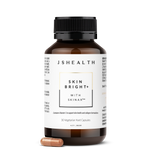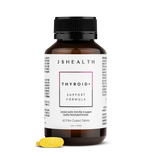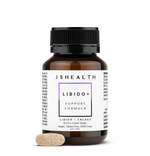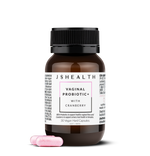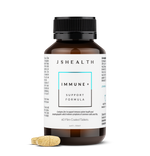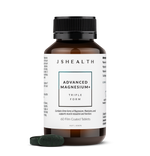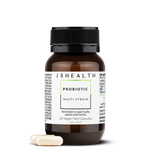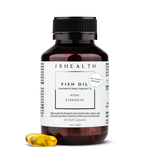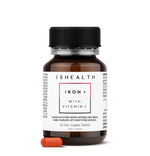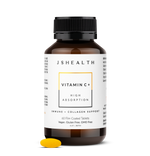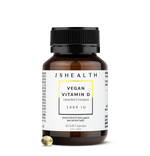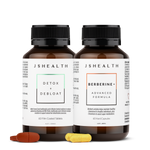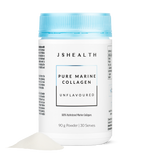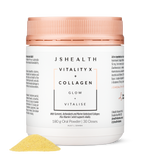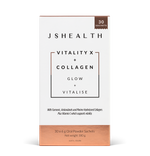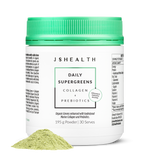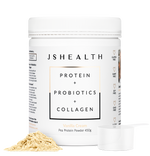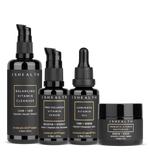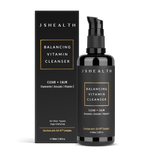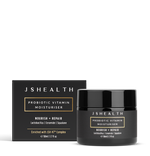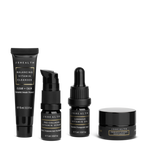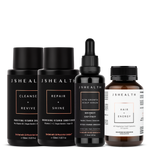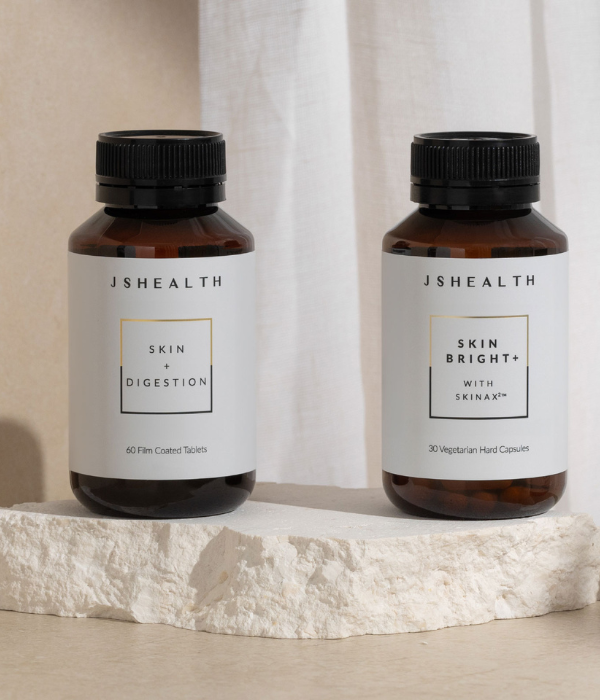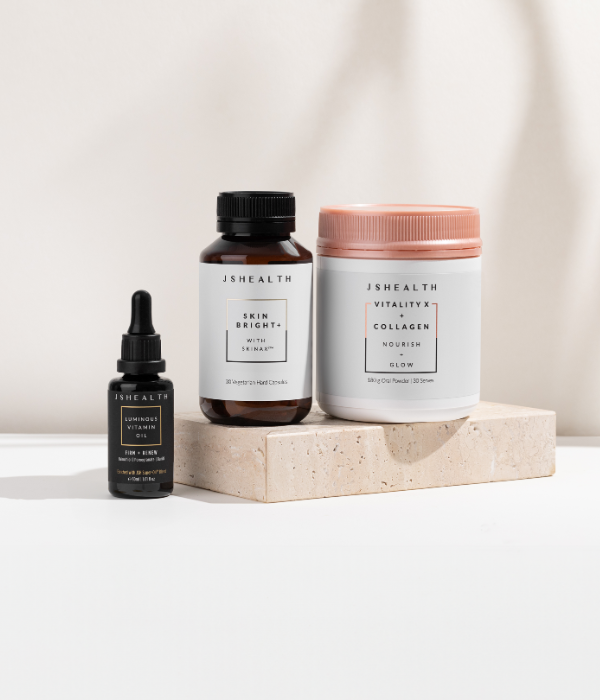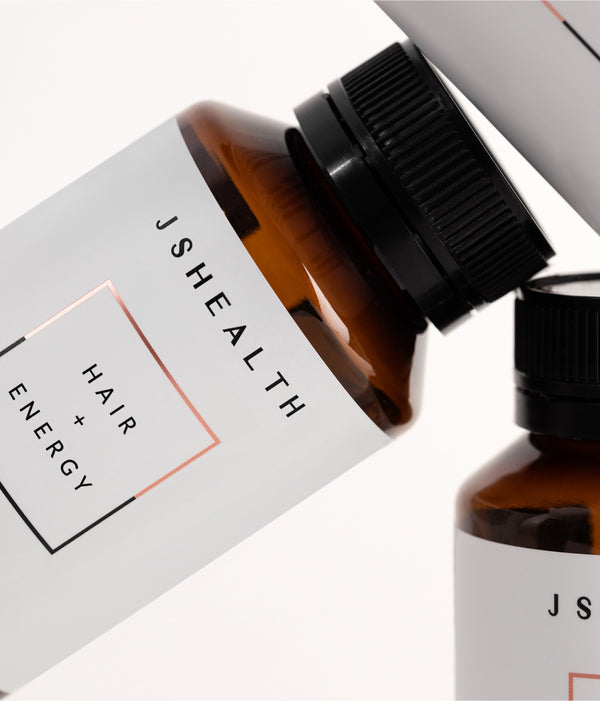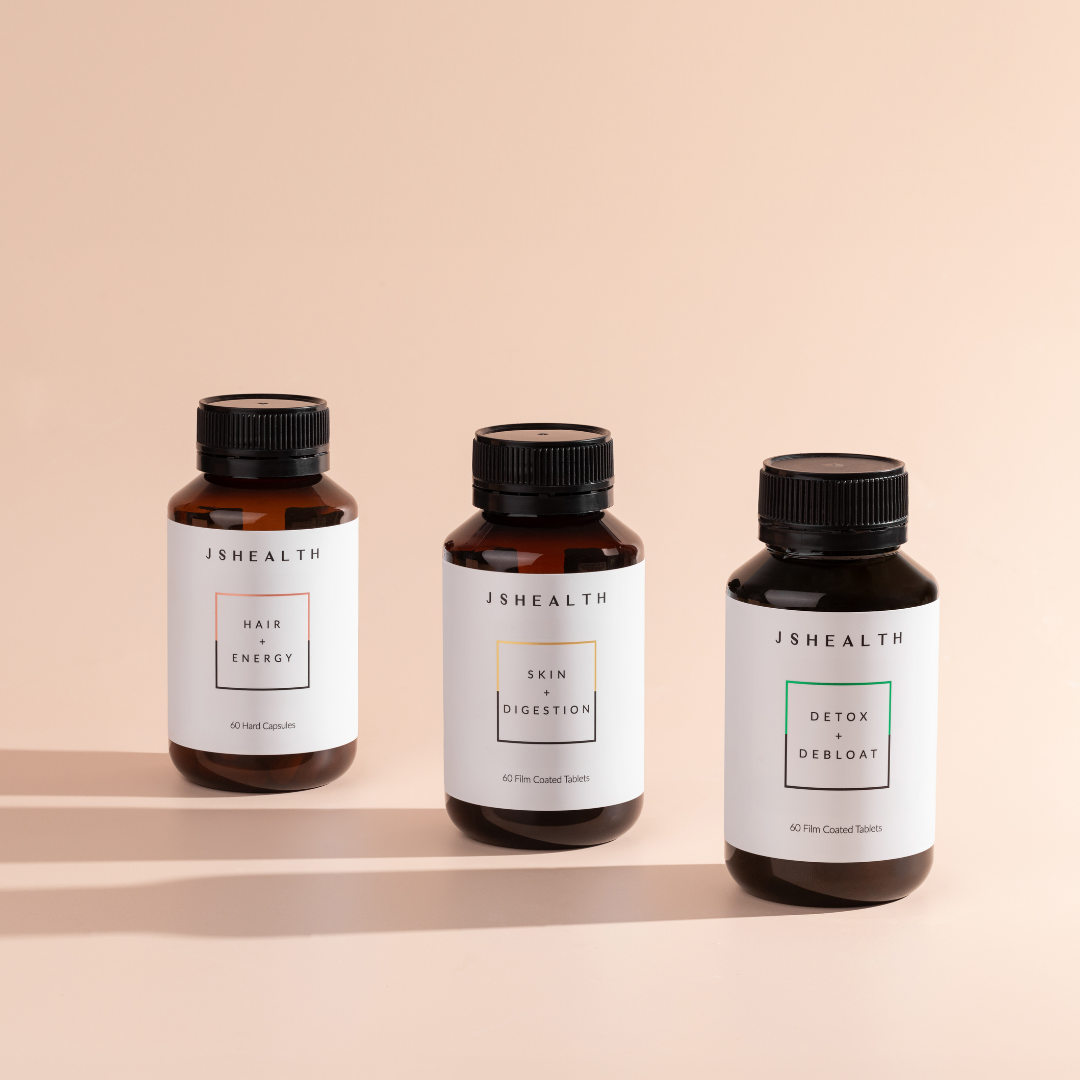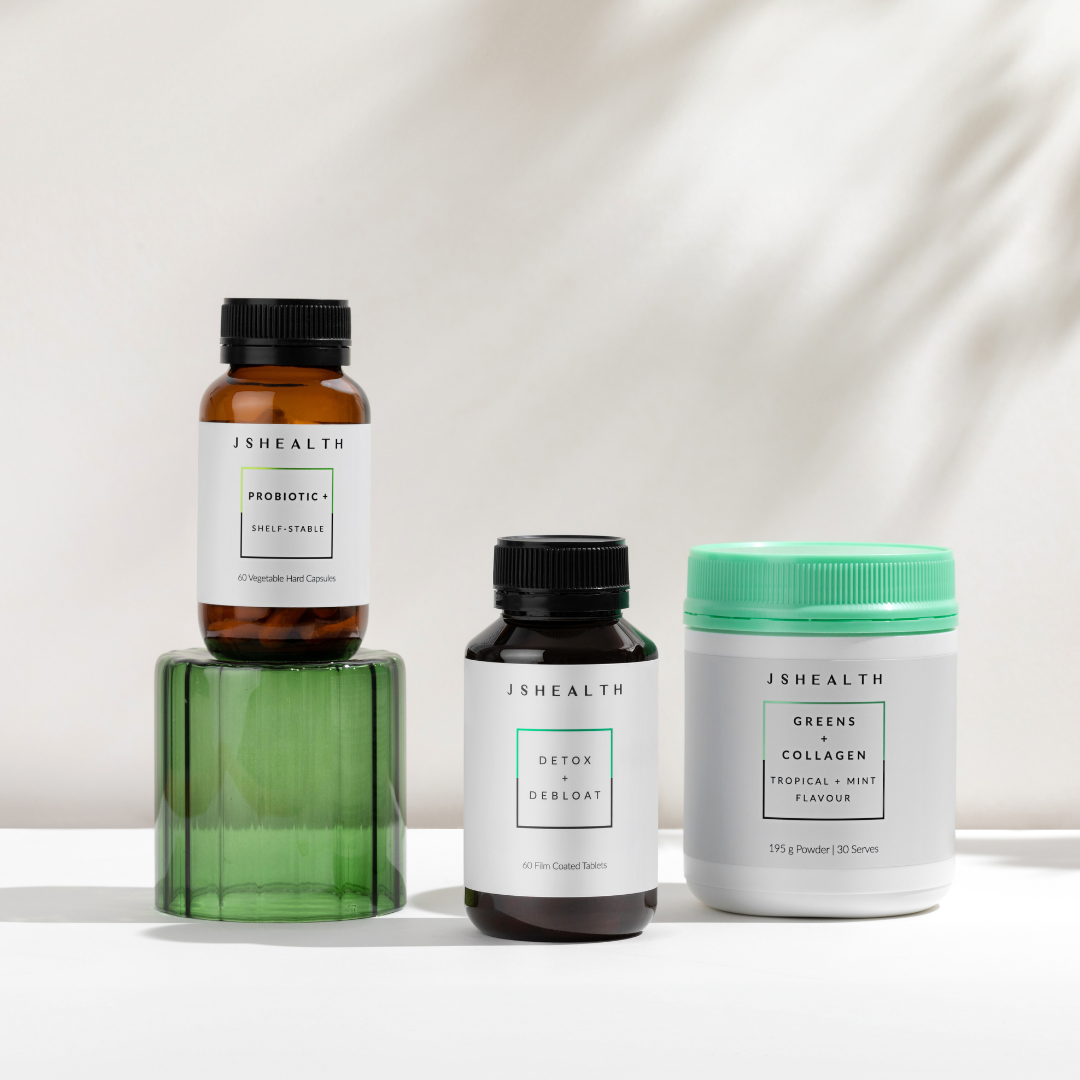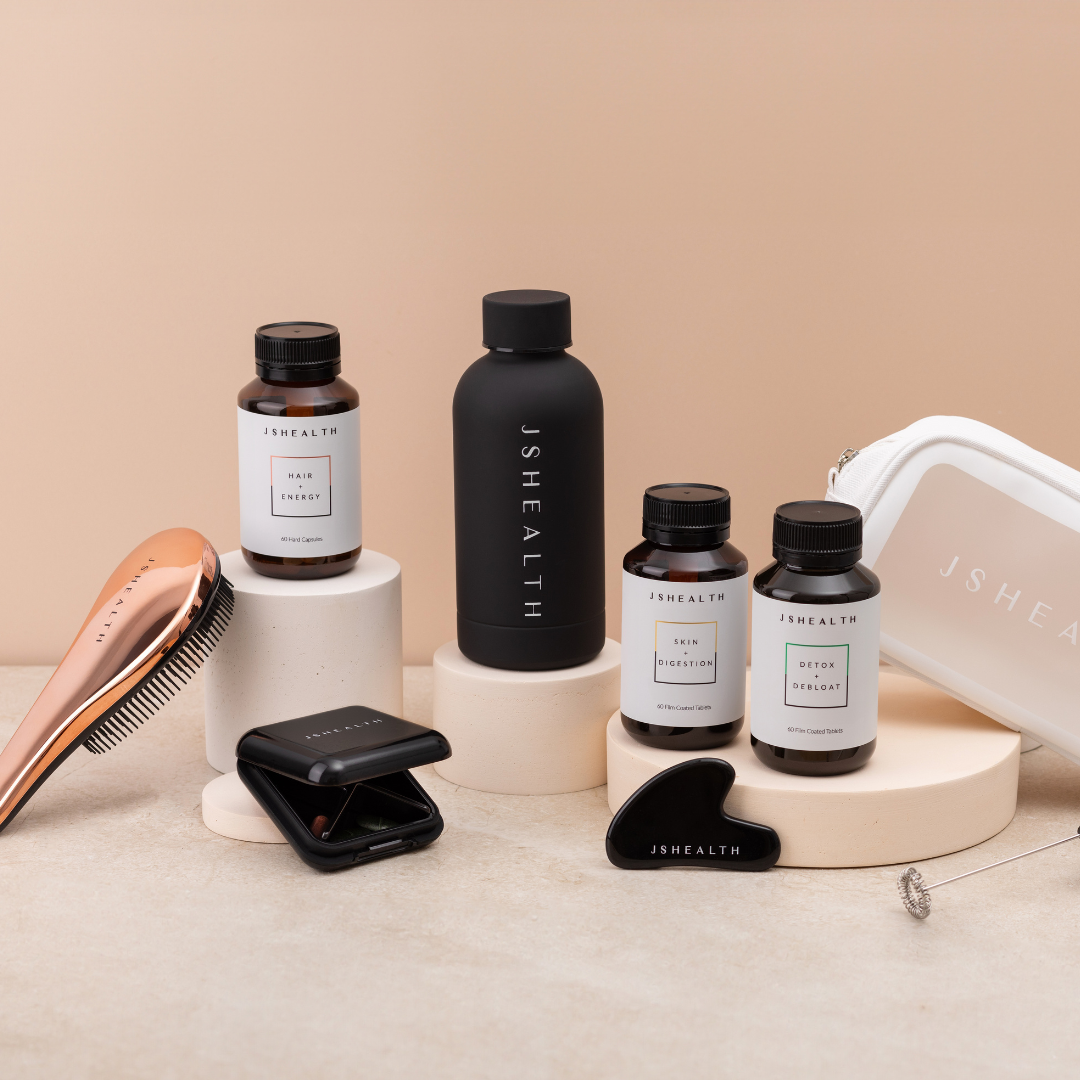How To Safely Detox Your Liver
You've likely come across those enticing adverts promising to detoxify our bodies with their products. But how effective are they, really? It's essential to remember that our bodies are already equipped with their own natural detoxification mechanisms.
Our liver, the unsung hero of our body, shoulders a significant part of our detoxification process. There are times, however, when it could use a little extra support to function at its optimal capacity.
Let's delve into the role of the liver and explore ways we can promote its detoxifying capabilities.
What Does the Liver Do?
Most of the nutrients we receive through our diets cannot be used in their natural form. The body needs to convert them into a different form in order to absorb and utilise them.
That’s where the liver comes in. As blood circulates through the liver, the liver secretes enzymes to break down vitamins, minerals and nutrients carried by the blood. It begins the process of converting them into useful forms.
When we take medications or use pharmaceuticals, the liver processes them for delivery. It can also process the byproducts they create as they break down and are utilised by the body. This is also how the liver works to help sober us up after we’ve had a glass of wine or two.
The liver processes more than just the good stuff. It also works to break down potentially harmful chemicals and metabolic byproducts that build up in the blood, helping the body to eliminate them. In short: the liver processes and removes toxins and heavy metals that may otherwise become harmful if left unchecked.
But where do these toxins come from? Some of them come from air pollution, others come from pesticides and still others come from the soil that our food is grown in.
In addition to detoxifying the body, the liver also works to promote a healthy digestive system. Bile secreted by the liver makes its way to the gallbladder, where the body uses it to help digest food and process nutrients from the things we eat.
How Can You Support Your Liver?
The body performs a lot of complicated functions, but taking care of it is ultimately a very simple thing. Almost every organ in your body needs the same few things to do what they were intended to do. Generally, healthy choices can help support all of our bodily systems, helping us to feel better from the inside out.
Stay Hydrated
Approximately half of the human body is made of water, and the body needs a constant influx of new water. Water carries away toxins and byproducts that build up in the body and works to expel them through urine.
The body is always losing the water it needs, and it depends on us to replace lost water with fresh water. Think of water like the oil of the human machine.
On an average day, men will need about 3.7 litres of water, and women will need about 2.7 litres of water. We need more water if we’ve been exercising or sweating. A little more water can also be helpful when experiencing symptoms like constipation or feeling overheated.
The standard recommendation is eight glasses of water per day, but it isn’t always that simple. There’s plenty of water in the foods that we eat, and any liquid we consume also contains water. A morning cup of matcha or a lunchtime espresso also counts towards daily water consumption goals.
Eat a Variety of Nutrients
The liver works to process chemicals, which include things like artificial colours, artificial flavours, artificial sweeteners, preservatives and many other ingredients found in heavily processed foods.
It would be a joyless life to never eat another cupcake again, and it’s a very unsustainable goal to set. Instead of outright banning foods, focus on limiting processed foods to special occasions.
Add more whole foods into the regular rotation and focus on cooking with simple, wholesome ingredients. Fruits, vegetables, whole grains, healthy fats (like omega-3 and omega-6) and lean proteins are the cornerstones of a healthy diet.
For instance, fatty fish like salmon and mackerel contain selenium, which can help remove toxins from the body. On the other hand, some vegetables and herbs like Milk Thistle contain glutathione, a powerful antioxidant that can help remove heavy metals from the body. Additionally, foods like pumpkin seeds are high in magnesium, which can also support detoxing.
There’s no reason to stress out over tracking macros if the main goal of switching to a healthier diet is simply to improve your overall wellness. When a diet is almost exclusively composed of whole foods, it’s usually easy to meet the mark without trying.
Consume Antioxidants
Free radicals are volatile environmental toxins that form when other particles or chemicals are broken down. They float around in air pollution, and they also occur naturally within the human body.
When the liver processes chemicals and breaks them down, they briefly become free radicals. Free radicals are missing an electron and will attempt to put themselves back together again by taking electrons from other sources.
These free radicals can attempt to steal electrons from healthy liver cells, placing the liver in a state of oxidative stress. This cell damage can have a negative impact on overall liver health and liver function.
When we consume antioxidants like vitamin C and vitamin E, they can work to support the immune system and protect against the potential damage caused by free radicals. They’ll give free radicals one of their electrons to spare the healthy cells of our organs.
Antioxidants are naturally-occurring plant compounds often found in whole foods. For instance, the natural pigments that give fruits and vegetables their colours act as antioxidants.
Antioxidants are the colours of nature. They make blueberries blue, Brussels sprouts green and give beets their magenta hue. Beta-carotene, which lends its orange hue to foods like sweet potatoes and carrots, also serves as both an antioxidant and precursor to vitamin A.
Antioxidantsuperfoods like green tea, turmeric, fruit salad and tossed green salad are also protective powerhouses. In addition to boosting our overall well-being, they can work to support liver detox by minimising liver damage due to free radicals.
Limit Alcohol and Substance Use
Substances like alcohol can modulate the way we feel. It can be nice to enjoy some sangria on a hot day or a cocktail out with friends but keep in mind that the responsibility for eliminating alcohol from the body falls onto the liver.
Frequent alcohol consumption can overwork the liver, making it difficult for it to perform its functions effectively. That can lead to liver failure or liver conditions that can be difficult to treat.
Having one drink on a Friday night won’t be harmful enough to undo a week of mostly healthy choices, so there’s no reason to completely swear off the occasional drink as a treat. Just be mindful of your alcohol consumption and keep in mind that it creates a fair bit of work for the body.
What Are Signs My Liver Needs To Detox?
Bloating and generally feeling unwell can be signs that the body needs a little extra help. However, it can be very difficult to determine if a specific symptom is a sign that you need to detox your liver.
We all go through moments where we know we aren’t making the best choices for ourselves, and if we begin to notice side effects after falling out of healthy habits, it may be time to make some important adjustments.
The answer isn’t necessarily a specific liver cleanse. Positive lifestyle changes like prioritising healthcare, eating healthier and getting a little bit of exercise can be enough to send things moving in the right direction.
How Can You Safely Detox Your Liver?
Our bodies detox our livers on their own, but they need specific vitamins and minerals to do so. The vitamins and minerals we consume play a crucial role in maintaining the overall health of our bodies. Vitamins and minerals are a necessary part of our daily routines, and without them, our health can suffer.
Generally, the best things we can do to safely support the natural detoxification process are to eat a balanced diet and drink plenty of water. Foods provide us with the vitamins and minerals we need for our bodies to perform their natural functions, and water can help to wash away the metabolic byproducts that naturally occur while the body is detoxifying.
Trust the process. Our bodies know what to do when we give them the right tools and treat it with love, care and respect.
However, the natural detox process might not address side effects like bloating, which can be uncomfortable. Bloating can be addressed separately, though.
Although it may seem counterintuitive, water does a lot to combat bloating. Water encourages the body to flush itself out, eliminating the buildup of gases and metabolic byproducts that contribute to bloat.
Supplements can also be helpful for combating bloat.
The Bottom Line:
Liver detoxification is a natural process that occurs on its own. When our bodies are fuelled with what it needs to thrive, we can produce an adequate amount of liver enzymes and effectively process the toxins that naturally occur in our bodies. Positive lifestyle changes can also help the liver detoxify itself, and supplements can work to counteract uncomfortable side effects such as bloating.
Sources:
What Does My Liver Do? Liver Functions & How To Keep Yours Healthy | University of Michigan Medicine
Liver: Anatomy and Functions | Johns Hopkins Medicine
Water: How much should you drink every day? | Mayo Clinic
Antioxidants: What They Do and Antioxidant-Rich Foods | Cleveland Clinic
